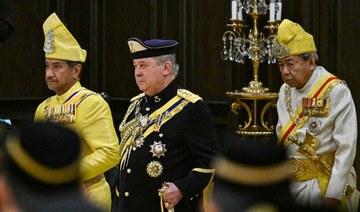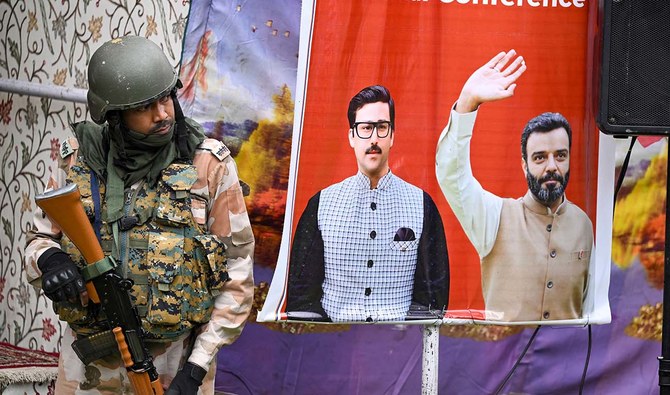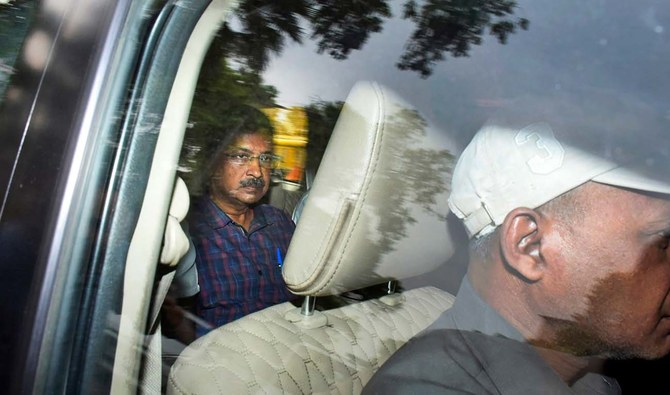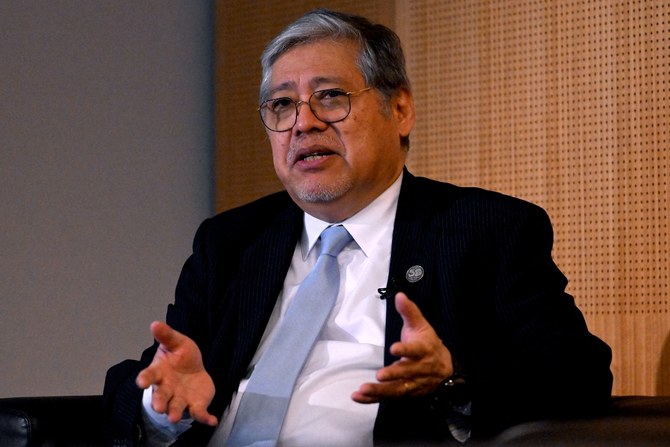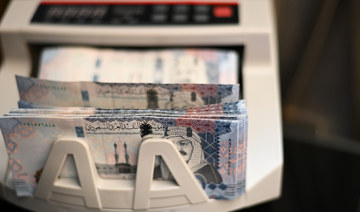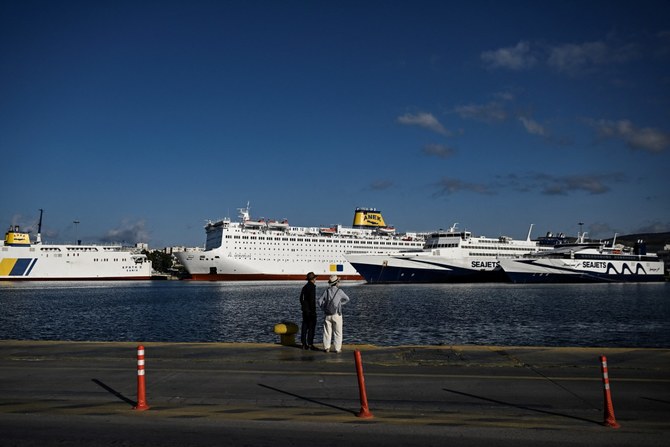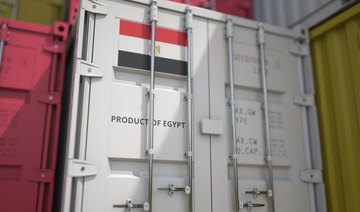KUALA LUMPUR: Malaysia’s pardons board said on Friday it had halved the jail term for former Prime Minister Najib Razak, currently in prison for corruption, to six years.
Najib was sentenced in 2022 to 12 years in jail for offenses linked to the misuse of public money in the multibillion-dollar 1MDB financial scandal.
“After considering opinions and advice ... the pardon board has decided to grant a 50 percent reduction for the sentence and fine imposed on Najib Razak,” it said in a statement.
The board, which was chaired by Malaysia’s former king, Sultan Abdullah Sultan Ahmad Shah, and also included the attorney general, met on Monday — two days before the king handed the rotational throne to a successor.
The board did not give any other reasons for its decision.
HIGHLIGHT
Hashd Al-Shaabi encompasses dozens of groups and more than 160,000 members.
It said Najib would be released in 2028 and his fine reduced to 50 million ringgit ($10.6 million).
An additional year would be added to his jail term if he failed to pay the fine, the board said.
Najib’s lawyers and government officials could not be reached for comment.
Following a lengthy trial Najib was found guilty in 2020 of abuse of power, money laundering and criminal breach of trust over the transfer of 42 million ringgit ($8.9 million) from former 1MDB unit SRC International to his personal bank account.
His bid to overturn the prison sentence was rejected by Malaysia’s top court.
The 70-year-old, who was prime minister from 2009 to 2018, had claimed he did not receive a fair hearing, alleging that a judge had a conflict of interest and that his new legal team was not allowed enough time to study the case documents.
He was ousted from power at the polls in 2018 by an opposition alliance of Malaysia’s political patriarch Mahathir Mohamad amid anger over the scandal.
The king wields the power to pardon convicted figures. In 2018, Sultan Muhammad V pardoned then-opposition leader Anwar Ibrahim, who had served a jail sentence for sodomy.
Malaysia is a constitutional monarchy, with a unique arrangement where the throne changes hands every five years between rulers of the nine Malaysian states headed by centuries-old Islamic royalty.
The role of the king in Malaysia is accorded considerable prestige, particularly among the country’s Malay Muslim majority.
Najib, whose wife Rosmah Mansor was found guilty of graft in 2022, possibly faces dozens more charges.
Most of them are related to his alleged role in the 1MDB scandal, which led to money-laundering investigations around the world, including in the United States, Switzerland and Singapore.
The allegations that billions of dollars were pilfered from 1MDB — and used to buy everything from a superyacht to artwork— played a major role in Najib’s ouster and the defeat of his long-ruling party in the 2018 elections.




